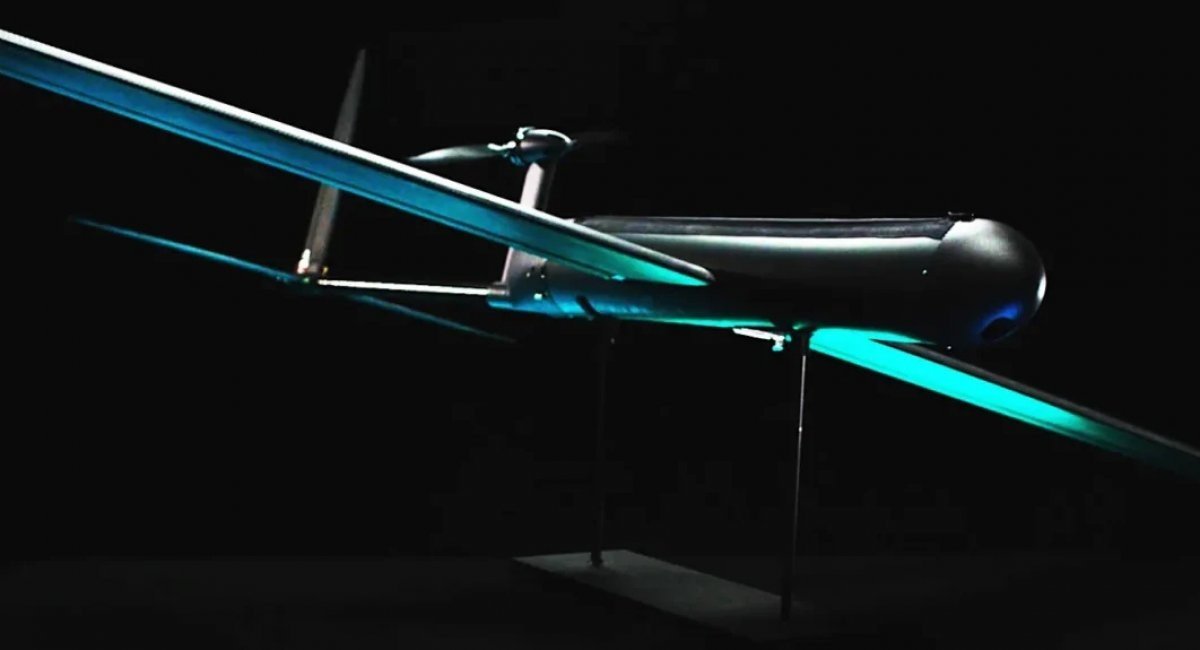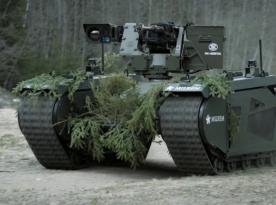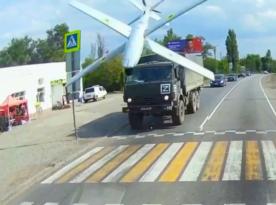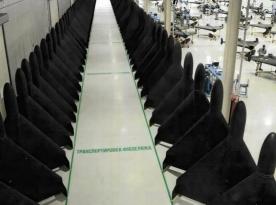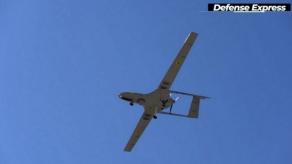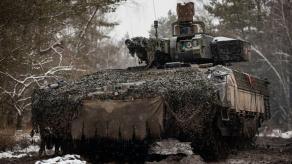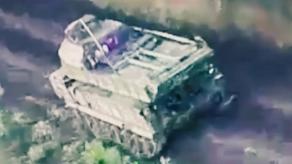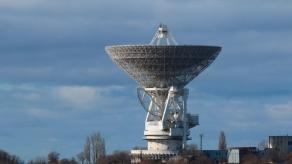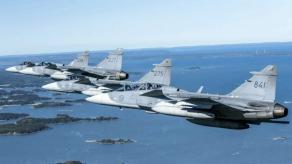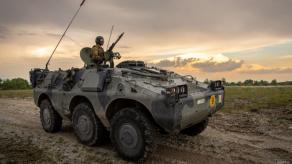American AeroVironment has recently introduced its new long-range loitering one-way attack drone called Red Dragon. Its key feature is full autonomy, enabling it to detect and strike targets without operator input and even without a GPS signal.
During the SOF Week 2025 conference, company representatives told The War Zone that the Red Dragon loitering munition has already seen battlefield testing by at least one unnamed customer. It should be noted that multiple types of AeroVironment drones have been operating in Ukraine for some time now.
Read more: Northrop Grumman’s New IVEWS Electronic Warfare System for F-16s Enters Production Phase
Among them are Switchblade 300 and 600, both proving effective in combat. One notable example was the destruction of a russian Tor surface-to-air missile system using the larger Switchblade 600 in coordination with a Shark reconnaissance UAV.
In addition to the Switchblade series, Ukraine also employs Jump 20 reconnaissance UAVs, and likely the RQ-11 Raven as well. Ukraine is currently the only battlefield offering real-world testing conditions for drones in a heavily contested environment. Thus, it's possible that the declared Red Dragon's combat experience was obtained by covertly deploying the system in the Ukrainian warzone.
It is also worth noting that the company is planning to create an export variant of the Red Dragon that will not be subject to the International Traffic in Arms Regulations (ITAR) from the U.S. Department of State. This will allow the company to avoid a ban on arms sales to Ukraine if Donald Trump's administration were to introduce one.
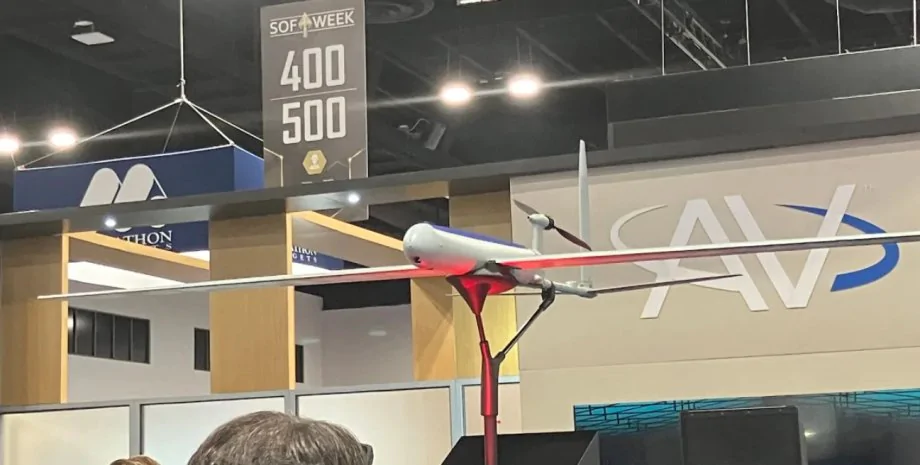
Red Dragon's extensive autonomy is ensured by its visual navigation system and optical seeker, which allows the drone to continue performing tasks in the event of a GPS signal loss. It also significantly speeds up the training of operators, as Red Dragon searches, identifies, and attacks independently.
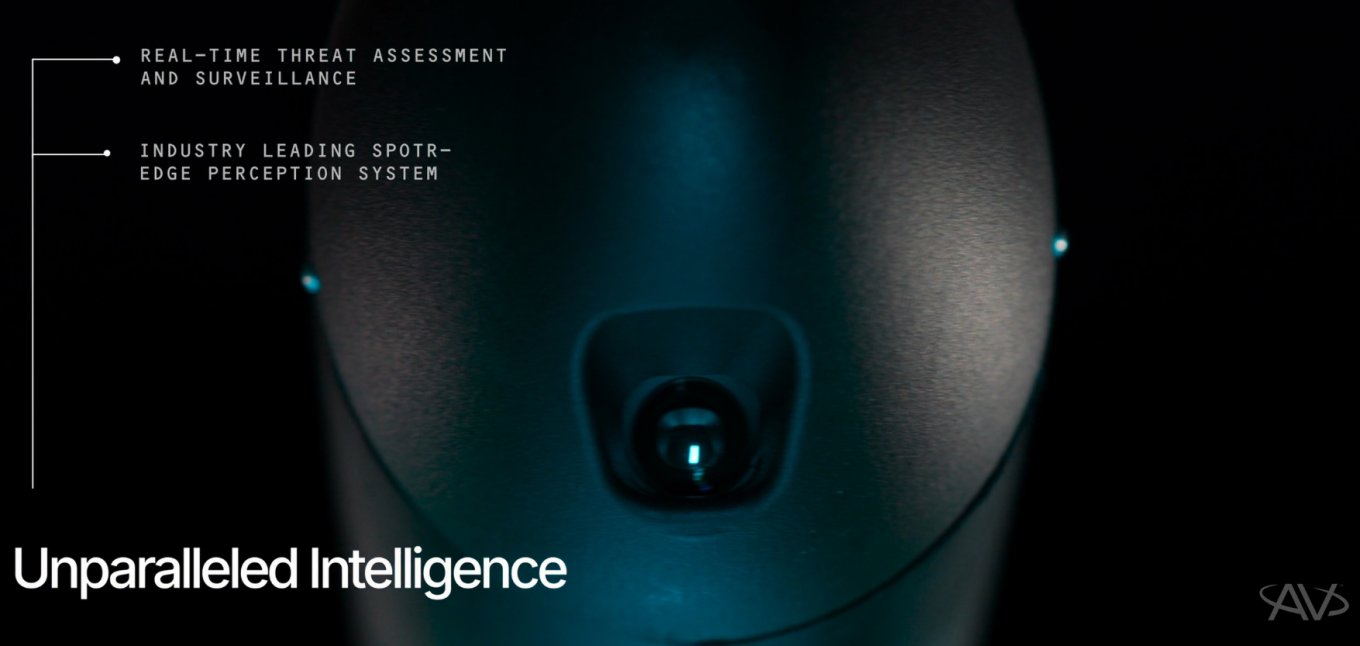
The operator simply selects the target area, and the drone autonomously moves there to begin its search. Depending on the scenario, the drone either attacks the target autonomously or marks it on the map and tracks it until the operator issues an attack command.
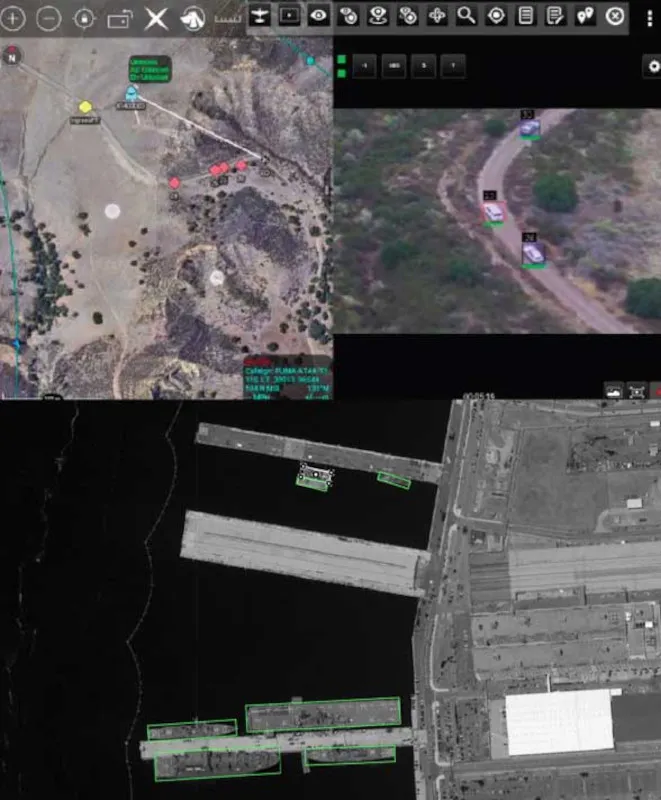
The drone has the following characteristics: autonomously, it can fly as far as 400 km, reduced to the signal range of 65 km when controlled by an operator, although it can be expanded using airborne repeaters. Compatible armaments include a 10 kg warhead, an electronic warfare suite, and more. The top speed is 160 km/h and the cruising speed is 90 km/h.
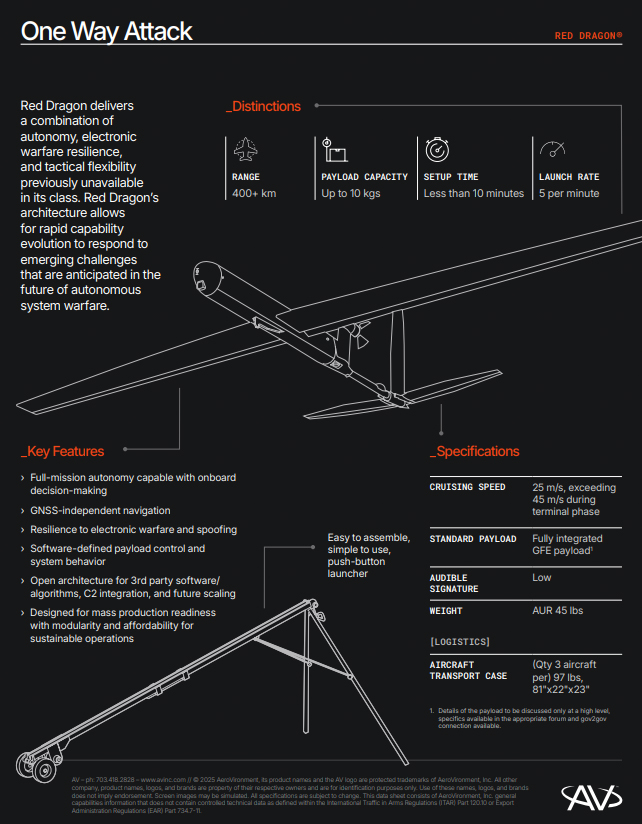
Despite its advanced capabilities, the company presents the Red Dragon as an affordable, mass-market drone, thanks to shared components with its other UAVs.
Read more: Drones, Training, and Unity: Key Messages of the Kyiv Security Forum (Live Updates)




